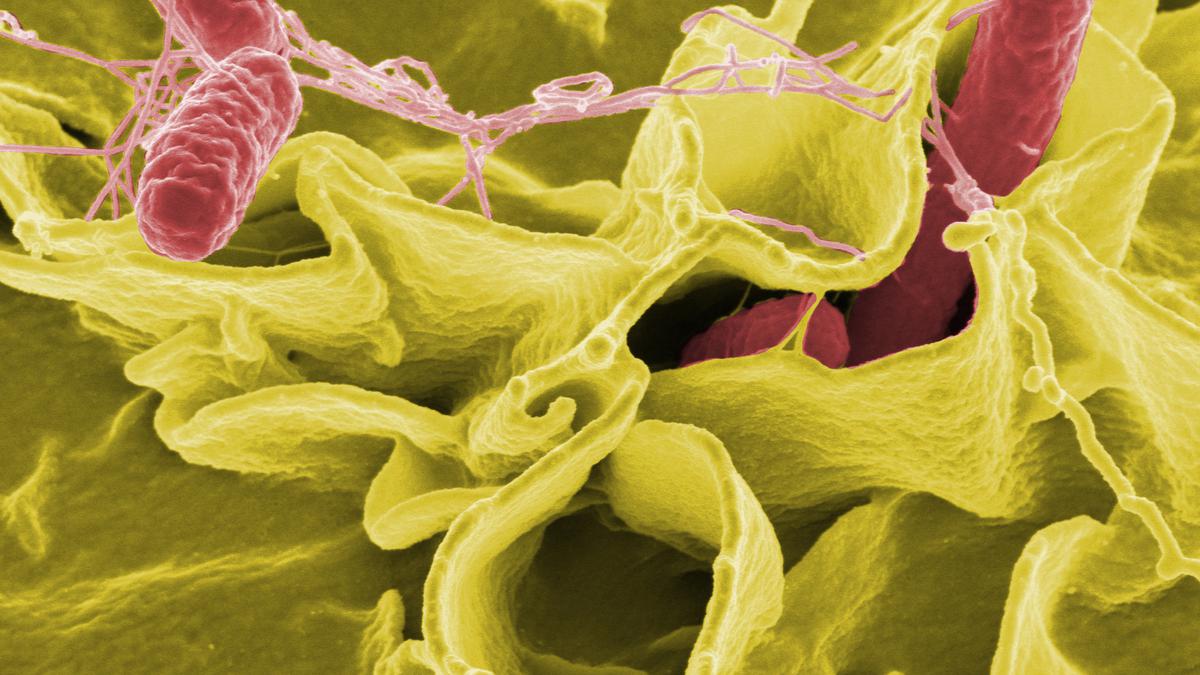
Are you sure you contain 10x as many microbes as human cells? Premium
The Hindu
As microbiome research has become one of the hottest topics in science, the field has also been overrun with hype. A new paper by two researchers, published in Nature Microbiology, dispels 12 such myths, starting from the age of the field and finishing with claims about the ‘pathobiome’ and culturability.
“You are more microbes than human.”
It is possible you have had this factoid thrown at you, with the thrower claiming that the microbes in our bodies outnumber our own cells 10 to one.
But according to an assessment published in Nature Microbiology, this is a myth. In a 2016 study the assessment’s authors cited, researchers from Israel and Canada estimated a 70 kg “reference man” to have 38 trillion bacterial cells and 30 trillion human cells. Most current estimates of the size of the gut microbiome are also based on adults living in the urban areas of high-income countries, they added.
The authors, Alan Walker, senior research fellow at the Rowett Institute, University of Aberdeen, and Lesly Hoyles, professor of microbiome and systems biology, Nottingham Trent University, poked holes into this and 11 other popular claims that assail the human microbiome – the community of microbes living in the human body.
In the last two decades, microbiome research has gone from a “niche subject area” to “one of the hottest topics in all of science,” Dr. Hoyles said. The flip side of this is “hype and a temptation to over-simplify the really complex microbial interactions and activities occurring in our guts”.
Varun Aggarwala, assistant professor of biomedical and life sciences at Jio Institute, Navi Mumbai, who studies microbiome therapeutics, described the assessment as a “timely intervention that can bring nuance to the field of microbiomes.”
Here are the 11 other claims the article checked:
